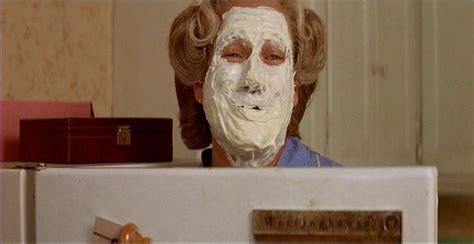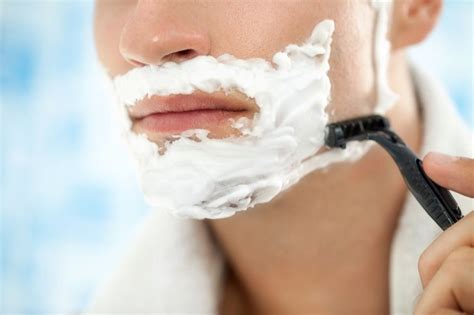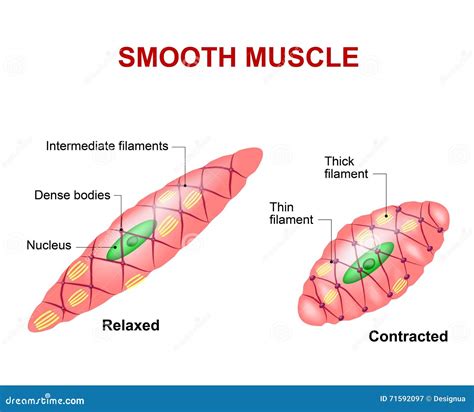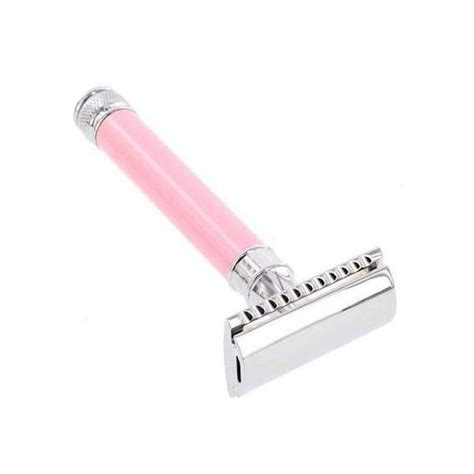What’s the optimal shave technique for zero razor burn & ingrowns?

Say Goodbye to Shaving Irritation: Your Guide to a Flawless Shave
For many, shaving is a daily ritual fraught with potential pitfalls: angry red bumps, itchy razor burn, and painful ingrown hairs. But what if we told you there’s an optimal technique that virtually eliminates these frustrations, leaving you with smooth, comfortable skin? It’s not just about the products you use; it’s about mastering a mindful approach to your shave.
1. Preparation: The Foundation of a Smooth Shave
The journey to an irritation-free shave begins long before the razor touches your skin. Proper preparation softens the hair, opens pores, and creates an ideal surface for shaving.
- Warm Water and Steam: Start with a hot shower or by holding a warm, damp towel to your face for a few minutes. This softens whiskers and makes them easier to cut, reducing tugging and pulling.
- Exfoliation (Optional but Recommended): Gently exfoliate your skin 2-3 times a week, or before shaving, to remove dead skin cells and lift trapped hairs. This is a crucial step in preventing ingrown hairs.

2. Choose Your Weapons Wisely: Tools Matter
The quality of your tools significantly impacts your shave experience. Don’t skimp here.
- Sharp Razor Blades: A dull blade is the enemy of a good shave. It drags, pulls, and causes irritation. Use a fresh, sharp blade for every 5-7 shaves (or sooner if you feel resistance). Consider a safety razor for a closer, more controlled shave with less irritation.
- Quality Shave Cream/Gel: Ditch the aerosol foam. Invest in a rich, lubricating shave cream, gel, or soap that creates a thick, protective lather. Look for ingredients like glycerin, aloe vera, and natural oils that moisturize and protect the skin.
3. Lather Up Right: A Protective Barrier
Applying your shave product correctly is more than just slathering it on.
Use a shave brush (preferably badger or synthetic) to create a rich lather. Apply it in circular motions, working it into the whiskers. This lifts the hairs, coats them, and provides a cushioning layer between the blade and your skin. Ensure an even, generous coat.

4. The Shave Itself: Gentle, Mindful Strokes
This is where technique truly shines. Patience and precision are key.
- Shave With the Grain First: Always make your first pass in the direction your hair grows. This is the single most important step to prevent razor burn and ingrown hairs. Feel your face to determine the grain direction, as it can vary in different areas.
- Light Pressure: Let the sharpness of the blade do the work. Pressing down too hard causes irritation, nicks, and pushes the blade below the skin surface, leading to ingrowns.
- Short, Controlled Strokes: Use short (1-2 inch) strokes. Rinse your razor frequently under warm water to clear away hair and cream buildup, ensuring optimal blade performance.

5. Second Pass (Optional for Closeness): Across or Against the Grain
If you desire an even closer shave after the first pass, re-lather your face. You can then shave:
- Across the Grain: Shave perpendicular to the hair growth. This provides a closer shave than with the grain but is less irritating than going directly against it.
- Against the Grain (Use Caution): For the smoothest possible finish, you can attempt an against-the-grain pass only if your skin is not prone to irritation. However, this significantly increases the risk of razor burn and ingrowns, so many experts advise against it, especially for sensitive skin.
6. Post-Shave Care: Soothe and Protect
The shave isn’t over until you’ve properly treated your skin.
- Rinse with Cold Water: After you’ve finished shaving, rinse your face thoroughly with cold water. This helps to close pores and tighten the skin, reducing redness and preventing dirt from entering follicles.
- Apply Aftershave Balm/Moisturizer: Skip alcohol-based aftershaves, which can dry out and irritate the skin. Instead, opt for a soothing, hydrating aftershave balm or moisturizer. Look for ingredients like witch hazel (alcohol-free), aloe vera, shea butter, and hyaluronic acid to calm, hydrate, and protect your freshly shaved skin.

Why This Technique Works
This methodical approach minimizes trauma to the skin and hair follicles. Softening the hair allows for an easier cut. Shaving with the grain prevents the blade from pulling hairs beneath the skin’s surface, where they can get trapped and become ingrown. Light pressure and sharp blades reduce friction and irritation. Finally, proper post-shave care calms the skin, promotes healing, and locks in moisture, ensuring lasting comfort.
Embrace the Art of a Superior Shave
Achieving a shave free from razor burn and ingrown hairs is not a mythical quest; it’s a learnable skill. By committing to these steps – from meticulous preparation and tool selection to mindful shaving and soothing aftercare – you can transform your daily chore into an enjoyable ritual, revealing truly smooth, healthy, and irritation-free skin. Give it time, be consistent, and enjoy the difference a superior shave technique makes.









